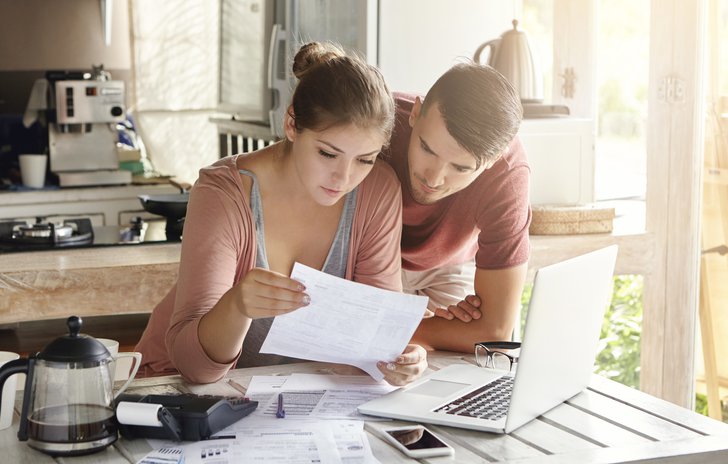As living costs continue to rise across the UK, it’s crucial that you stay on top of your bills – and to do that you need to be clued up on all the different terms around paying them.
Once you're feeling more confident, test your knowledge in a quiz to win a prize!
Take our quiz
Read the information on this page then have a go at our quiz!
Advice on paying your bills for young people
Find out if you’re paying the cheapest rate possible for you.
If you’re struggling to pay your bills, it’s important to acknowledge it as soon as you can. There are lots of organisations out there who can help.
Find out who to talk to.
There are two different ways you can pay bills: direct debit or standing order. Find out the difference below.
Direct debits
A direct debit gives a company permission to withdraw money from your account on an agreed date. They will need to notify you of a change of amount or a change of date. Direct debits are normally with companies.
E.g. Nathan pays his gym membership through a direct debit. His gym automatically take £32.50 from his account the 20th of each month, after his payday on the 18th.
Standing orders
A standing order gives your bank permission to transfer money from your account to another account on an agreed date. You can change the date or amount by contacting your bank. Standing orders are normally with individuals.
E.g. Jada’s rent is £600 per month. To make sure she doesn’t miss a payment she sets up a standing order to pay £600.00 to her landlord every month.
Other ways of paying bills
Pay online
If you use online banking you can pay your bills directly whenever you choose for the exact amount you choose – you just have to remember to pay them on time.
By post
Often you can send a cheque for the amount due to the provider. Bear in mind that it in normal times it can take up to five days for the cheque to be processed and the money taken from your account (COVID-19 could make this even longer – always check with your provider they have enough time to receive and process your money before it’s due before sending).
At the Post Office
Often bills can be paid at the Post Office with cash or card. There may be a charge for this service.
With a prepayment meter
A prepayment meter can be one of the most costly ways to pay for your energy, but it does provide flexibility as you only pay for your energy as you use it.
Prepayment meters can be topped up at Post Offices, PayZones or PayPoints. Users top up card or keys which then go into the gas or electricity meter.
Comparing energy providers – and saving money!
Find out how to compare and switch energy tariff or supplier when shopping around for a new energy deal.




